
- August 24, 2023
- Dennis Frank
- 6
Table of Contents
Discovering the Benefits of Blockchain Technology
Blockchain technology has been a buzzword in the tech industry for the last decade. It has evolved from being an obscure technology used only by a few tech enthusiasts into a revolutionary tool that is transforming many facets of our daily lives. Blockchain has the potential to improve security, transparency, efficiency, and speed across various industries while also enabling the decentralization of systems. This article will explore the different aspects of blockchain technology, its benefits, and real-world applications. Another good read on the potential of blockchain is: Exploring the Potential of Blockchain Technology
Understanding Blockchain Technology
What is Blockchain?
At its core, a blockchain is a decentralized digital ledger that is used to record transactions in an immutable and transparent manner. It is called a blockchain because it is composed of blocks that contain multiple transactions. These blocks are linked together in chronological order, forming a chain of blocks that can be verified and audited by multiple parties. In other words, blockchain technology is a database that stores a series of transactions, which are recorded in a way that cannot be altered or deleted.
The concept of blockchain technology was first introduced in 2008 by an unknown individual or group of individuals using the pseudonym Satoshi Nakamoto. The technology was originally designed to serve as the public transaction ledger for Bitcoin, the first and most well-known cryptocurrency. However, since its inception, blockchain technology has been adopted by a wide range of industries, including finance, healthcare, and logistics, due to its ability to provide secure and transparent record-keeping.
How Does Blockchain Work?
The blockchain technology is powered by a consensus mechanism that enables different nodes within the network to agree on the validity of transactions. Each node has a copy of the complete blockchain, and every transaction that is added to the blockchain must be verified by each node before it is added. This consensus mechanism ensures that no single entity can manipulate or control the blockchain.
When a new transaction is initiated, it is broadcast to all nodes within the network. Each node then independently verifies the transaction using complex algorithms that take into account the entire history of the blockchain. Once the transaction is verified by a majority of nodes, it is added to the blockchain, and a new block is created.
The creation of a new block is an important process in the blockchain technology. In order to create a new block, a node must solve a complex mathematical puzzle that requires significant computational power. This process, known as mining, is designed to ensure that the creation of new blocks is difficult and time-consuming, which helps to prevent malicious actors from manipulating the blockchain.
Key Components of Blockchain
The key components of blockchain technology include distributed ledger technology, cryptography, and consensus mechanisms. The distributed ledger technology ensures that every node in the network has a copy of the blockchain, making it impossible for any single entity to manipulate the system. Cryptography is used to secure the transactions on the network, while the consensus mechanism ensures that all nodes within the network agree on the validity of transactions.
Another important component of blockchain technology is smart contracts. Smart contracts are self-executing contracts that are programmed to automatically execute when certain conditions are met. They are used to automate a wide range of processes, including financial transactions, supply chain management, and voting systems.
For a more detailed breakdown, you can refer to Blockchain Basics: How Does a Blockchain Work Step by Step?
Overall, blockchain technology has the potential to revolutionize the way we store, manage, and exchange information. Its decentralized and transparent nature makes it a powerful tool for creating secure and efficient systems that can be used in a wide range of industries.
Blockchain technology is a revolutionary innovation that has the potential to transform the way we conduct transactions and store data. It offers a number of advantages over traditional transaction processes, including:
Enhanced Security
Blockchain technology enhances security by using cryptography to secure transactions and prevent fraud. Each transaction is verified by multiple nodes within the network, making it nearly impossible for any malicious actor to corrupt or manipulate the data. This level of security is particularly important in industries such as finance and healthcare, where the integrity of data is paramount.
Furthermore, blockchain technology ensures that sensitive information is stored in a secure manner. This is achieved through the use of private and public keys, which are used to encrypt and decrypt data. This means that only authorized parties can access the data, reducing the risk of data breaches and ensuring that sensitive information remains confidential.
Improved Transparency
Blockchain technology enables transparency by making all transactions visible to all parties involved in the network. This transparency ensures that transactions can be audited and verified by multiple parties, making it difficult for any single entity to manipulate the data for their own purposes.
Transparency also promotes accountability and trust, making it easier for businesses to build relationships with their customers and partners. By providing a clear and transparent record of all transactions, blockchain technology can help to build trust between parties and reduce the risk of disputes or disagreements.
Increased Efficiency and Speed
Blockchain technology enables increased efficiency and speed by removing intermediaries from transaction processes. Traditional transaction processes require intermediaries such as banks or clearinghouses to verify and process transactions, resulting in delays and high transaction fees.
Blockchain technology eliminates these intermediaries, allowing transactions to be processed faster and at a lower cost. This is particularly important in industries such as finance, where the speed and efficiency of transactions can have a significant impact on profitability.
Reduced Costs
Blockchain technology reduces costs by eliminating the need for intermediaries and reducing transaction fees. The decentralized nature of blockchain technology also reduces the need for additional infrastructure, resulting in lower operating costs for businesses.
Furthermore, blockchain technology can help to reduce the cost of compliance with regulatory requirements. By providing a clear and transparent record of all transactions, blockchain technology can help businesses to demonstrate compliance with regulations and reduce the risk of fines or penalties.
Decentralization
Blockchain Decentralization is one of the key benefits of the technology. It eliminates the need for a central authority, enabling users to transact directly with one another without the need for intermediaries.
This decentralization promotes financial inclusion and empowers individuals and businesses to take control of their finances. It also reduces the risk of censorship or control by a single entity, ensuring that transactions can be conducted freely and without interference.
In conclusion, blockchain technology offers a range of benefits that have the potential to transform the way we conduct transactions and store data. Its enhanced security, improved transparency, increased efficiency and speed, reduced costs, and decentralization make it an attractive option for businesses and individuals alike.

Blockchain technology has been around for over a decade, and its potential applications are still being explored and developed. In addition to the well-known use case of cryptocurrencies, blockchain technology is being used in a variety of industries to improve transparency, security, and efficiency.
Cryptocurrencies
Cryptocurrencies such as Bitcoin and Ethereum have revolutionized the way people transact by enabling peer-to-peer transactions without the need for intermediaries. This means that people can transact anonymously or securely without the need for a bank or other financial institution. Cryptocurrencies have gained popularity among people who want to transact globally without worrying about exchange rates or other fees.
Blockchain technology underpins the security and transparency of cryptocurrencies by creating a decentralized ledger of all transactions. This means that every transaction is recorded and verified by a network of users, making it virtually impossible to alter or hack the system.
Supply Chain Management
Technology is also being used in blockchain supply chain management to track and monitor products as they move through the supply chain. This improves transparency, reduces the risk of fraud, and ensures that products are of high quality and safe to use.
By using blockchain technology, companies can create a digital ledger of every transaction in the supply chain, from the manufacturer to the end consumer. This enables companies to track the origin of every product and ensure that it meets the necessary quality and safety standards.
Voting Systems
Blockchain technology is being explored as a potential solution for secure and transparent voting systems. Traditional voting systems are often vulnerable to fraud and manipulation, which can undermine the integrity of the election.
A blockchain-based voting system could enable secure and anonymous voting, reducing the risk of fraud and increasing voter participation. By creating a decentralized ledger of every vote, it would be virtually impossible to alter or hack the system, ensuring that the results are accurate and trustworthy.
Healthcare Records
Blockchain technology can be used to store and manage electronic healthcare records in a secure and transparent manner. This reduces the risk of data breaches and ensures that sensitive healthcare information is stored in a secure manner.
By using blockchain technology, healthcare providers can create a digital ledger of every patient’s medical history, from diagnosis to treatment. This enables doctors and other healthcare professionals to access a patient’s medical history quickly and easily, improving the quality of care and reducing the risk of medical errors.
Smart Contracts
Smart contracts are self-executing contracts that use blockchain technology to automate contract execution. Smart contracts reduce the need for intermediaries and reduce the risk of fraud, making them a popular choice for businesses that want to streamline their operations.
By using blockchain technology, businesses can create a digital ledger of every contract, from creation to execution. This enables businesses to automate contract execution and reduce the need for intermediaries, saving time and money. Smart contracts can be used in a variety of industries, from real estate to finance.
Overall, blockchain technology has the potential to revolutionize the way we transact, store data, and conduct business. As more industries adopt blockchain technology, we can expect to see increased transparency, security, and efficiency in a variety of areas.
Conclusion
Blockchain technology is a transformative tool that is changing the way we do business, transact, and interact with one another. Its benefits include enhanced security, improved transparency, increased efficiency, reduced costs, and decentralization. These benefits have led to the development of real-world applications such as cryptocurrencies, supply chain management, voting systems, healthcare records, and smart contracts. The future of blockchain technology is exciting, and its potential to transform industries is massive.
Here are some references from authority sites:
Wikipedia: A comprehensive overview of blockchain technology, its history, and its various applications. Wikipedia: Blockchain
Investopedia: A detailed guide on blockchain technology, explaining its significance, how it works, and its impact on the economy. Investopedia: Blockchain Explained
World Economic Forum: A collection of articles and discussions on the potential of blockchain technology in various sectors and its implications for the future. World Economic Forum: Blockchain









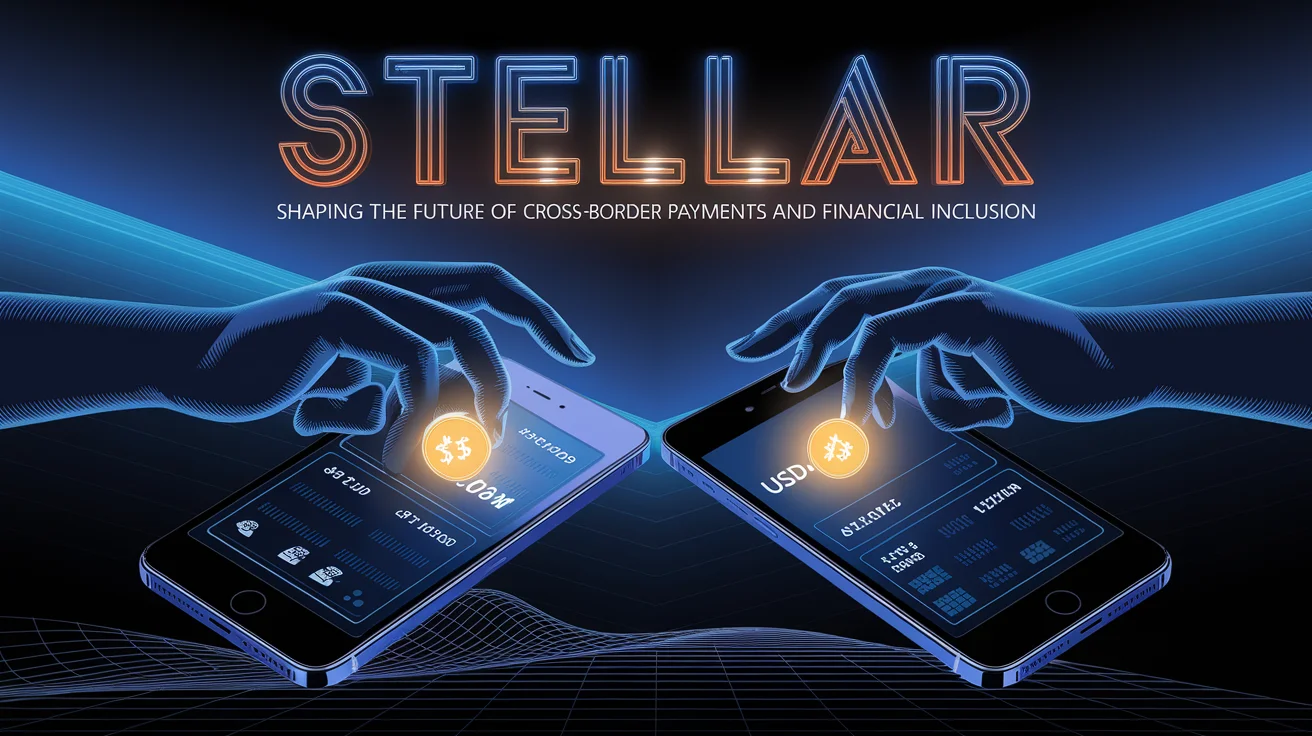


































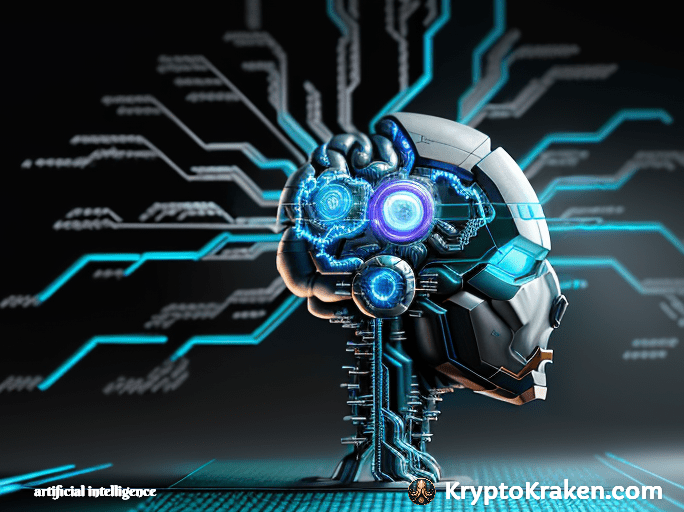


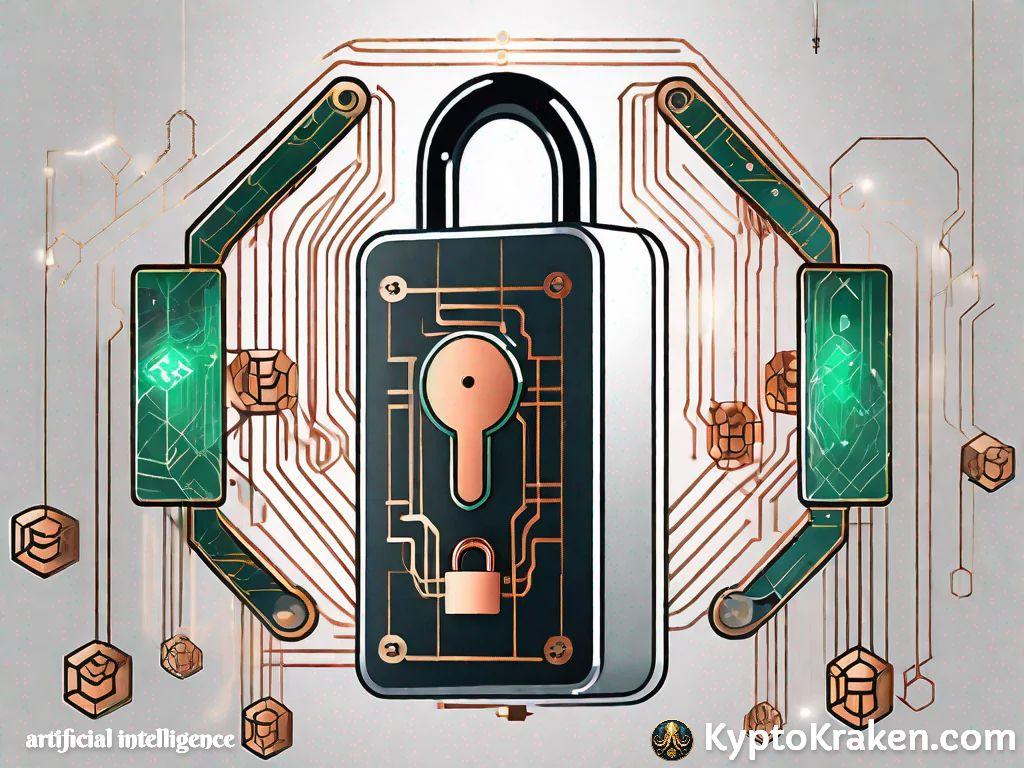


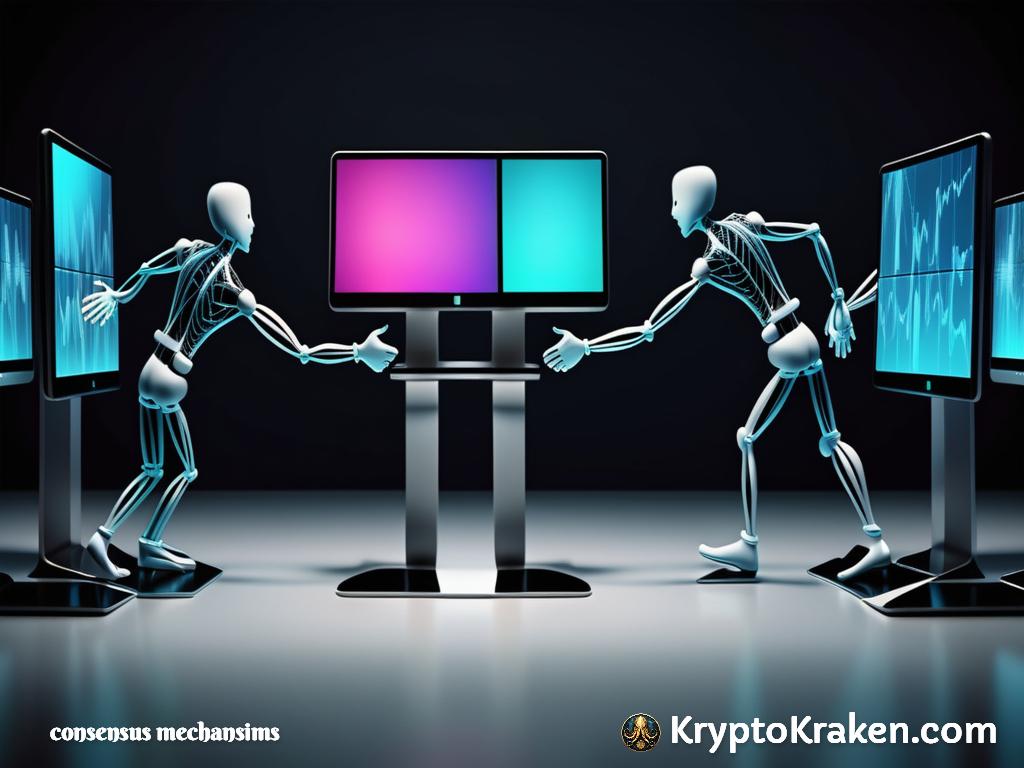

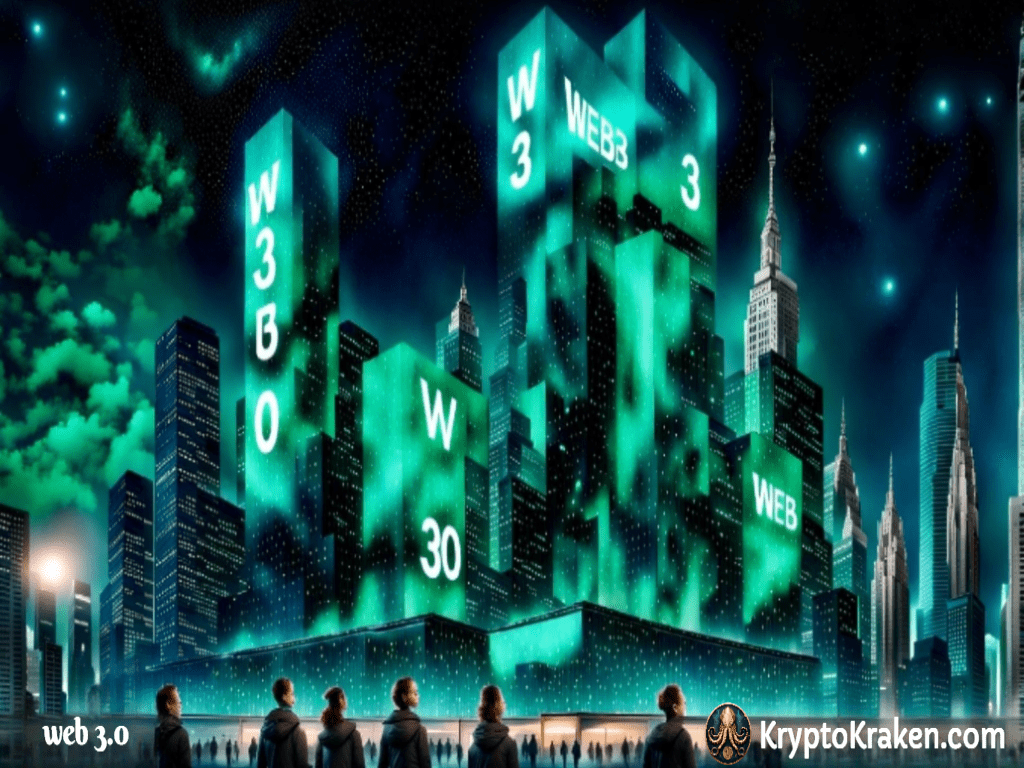

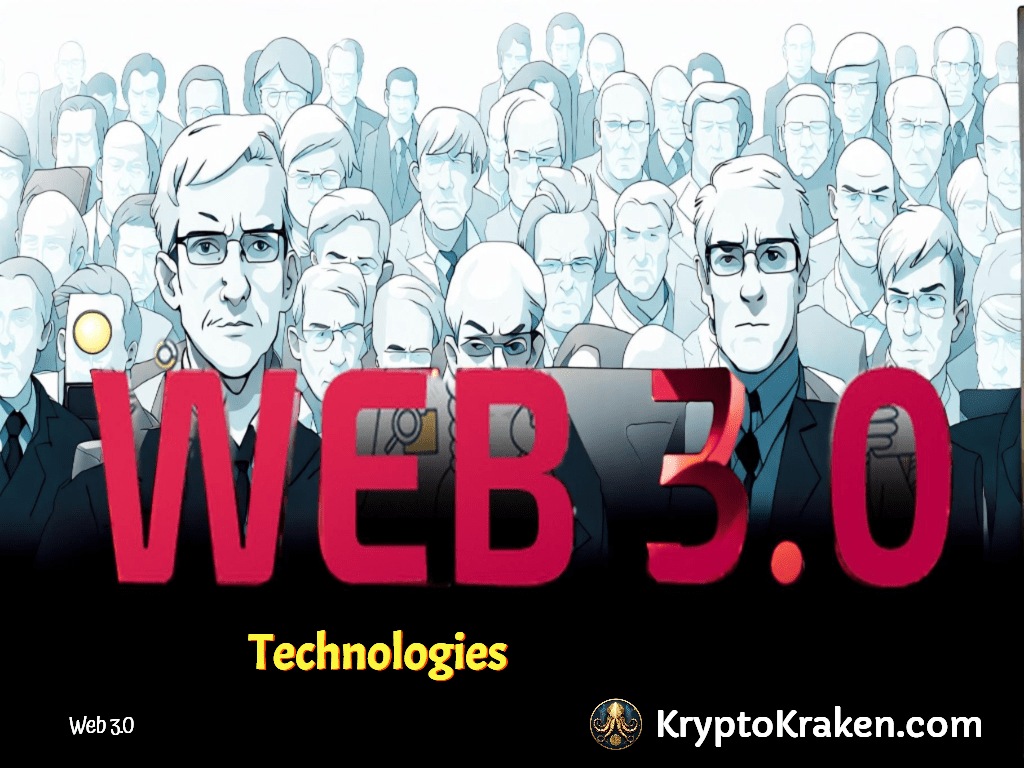




















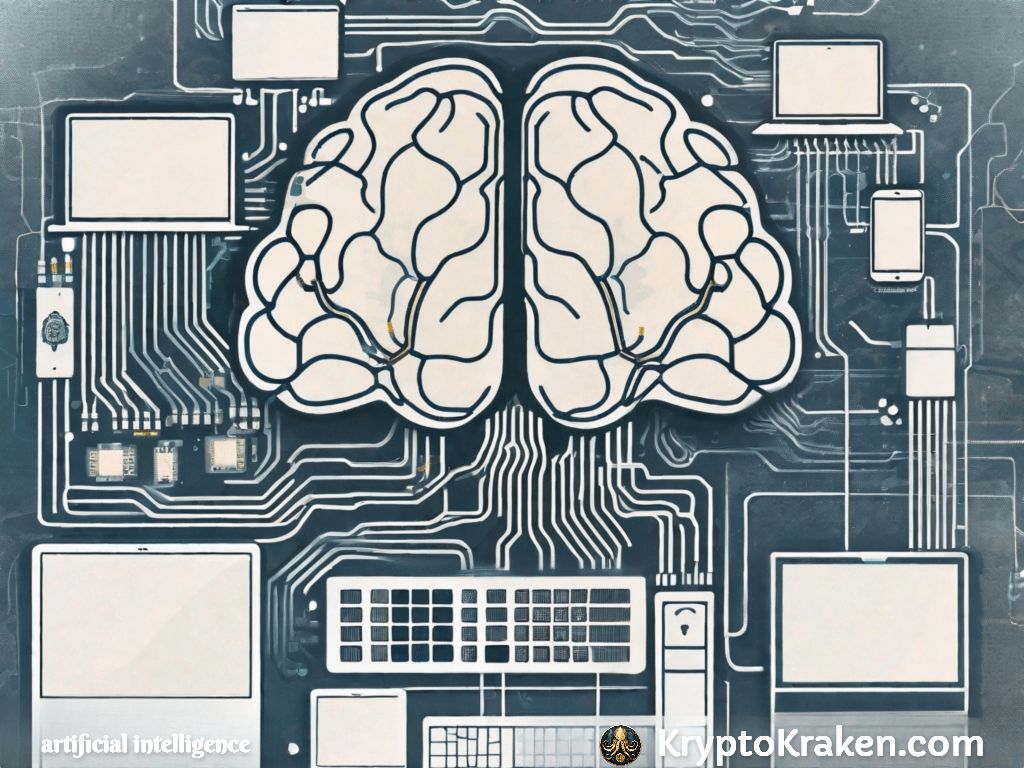



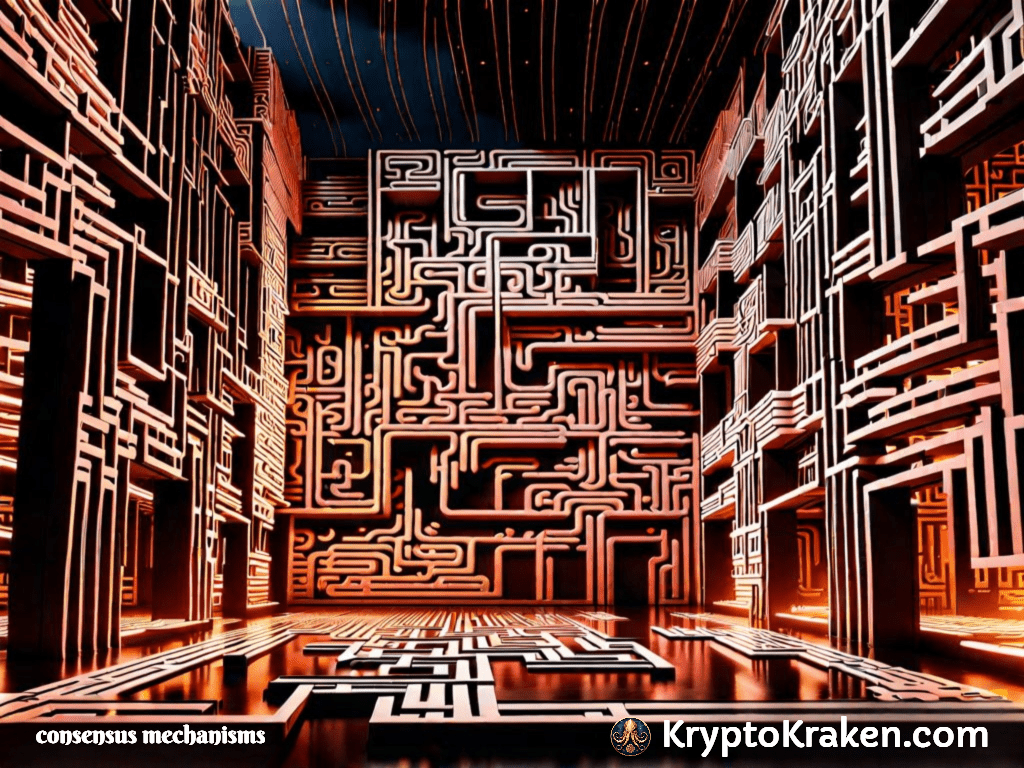











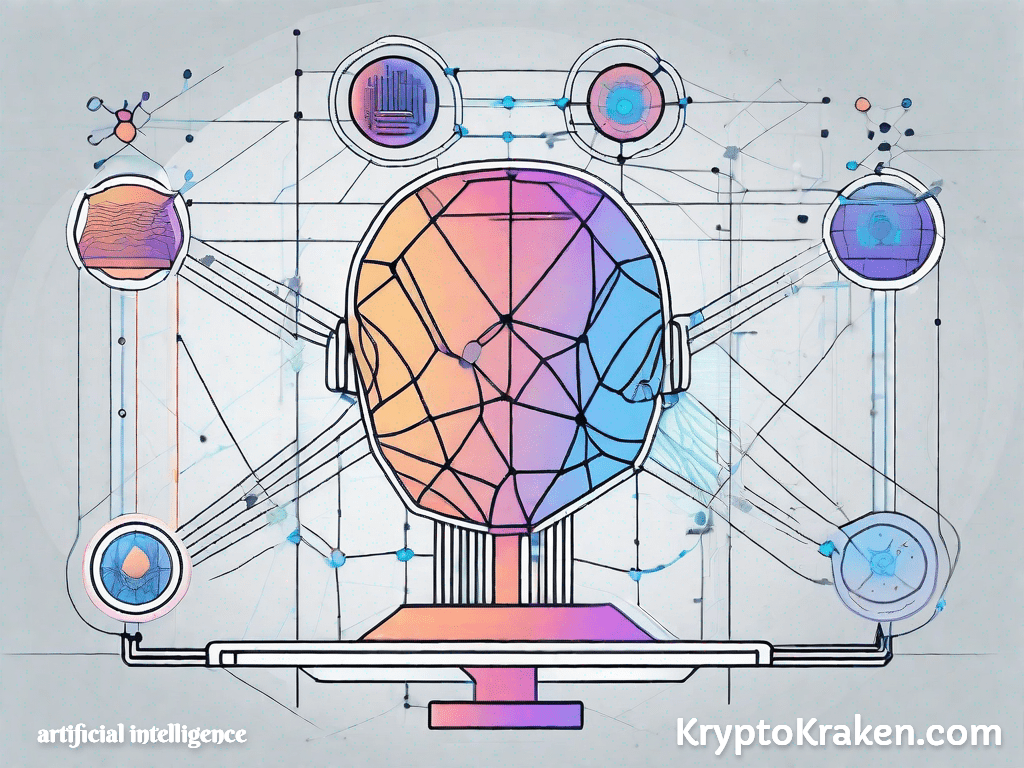
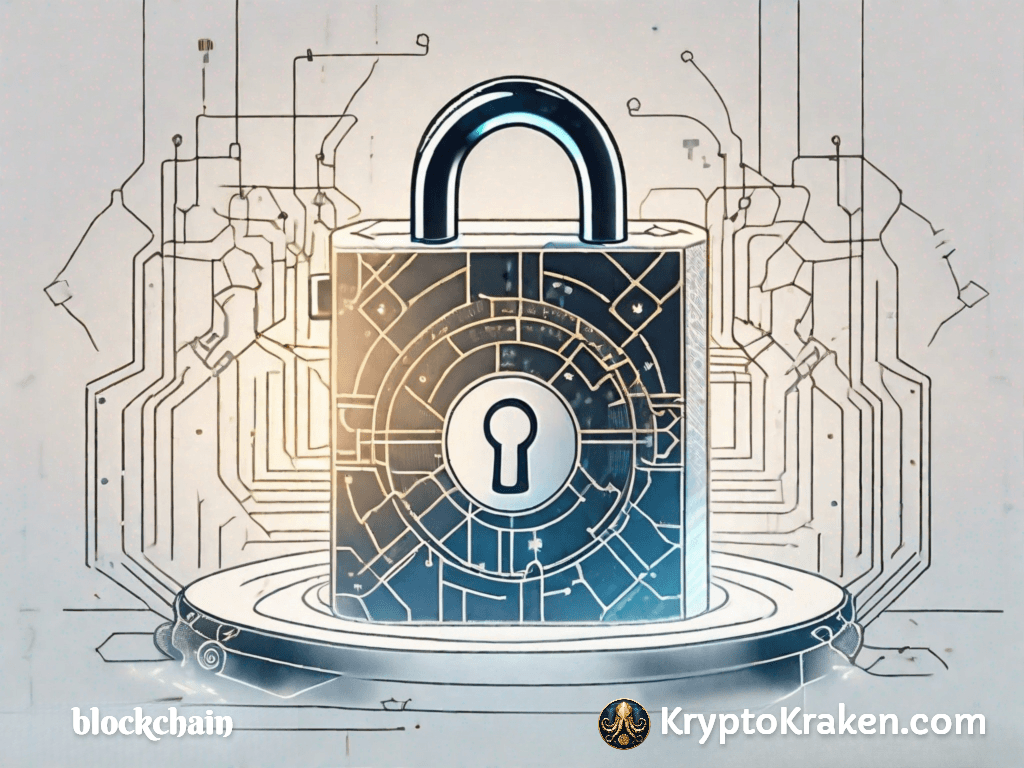


















6 comments on “Discovering the Benefits of Blockchain Technology”